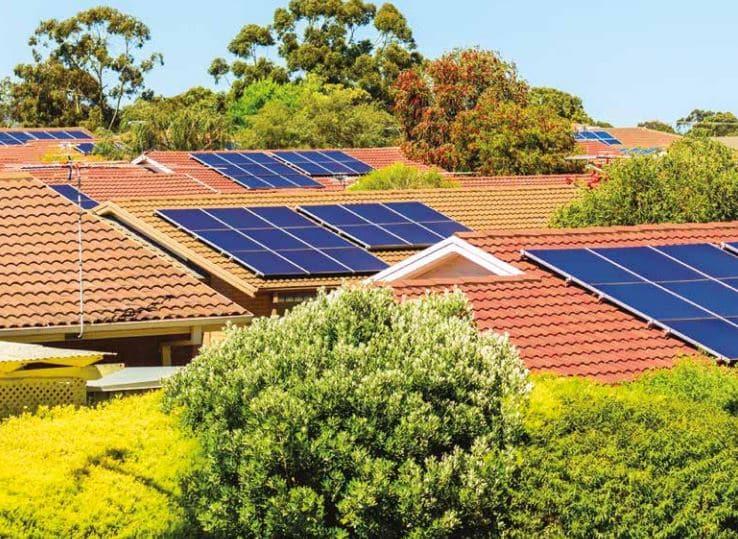Sustainability Victoria has released its 94-page Energy Smart Housing Manual, a guide to energy efficient housing in new builds and renovations.
The guide’s aim is to assist Victorians to build homes that comply with the minimum 6-star construction standard. Meeting the requirements should also enable home builders and renovators to save money on power bills.
A key thrust of the guide is that good design helps to reduce the energy required for heating and cooling. This can be achieved through layout, windows, materials and siting.
Six key energy efficient housing concepts covered

The guide contains six sections on home energy efficiency:
- Sun, climate and comfort – this section covers sun position throughout the year, the impact of shade, and the different climate zones in Victoria. It also explains how to design for comfort accordingly.
- Siting and solar access – provides guidelines for gaining the best solar exposure for winter warmth. This includes positioning, removal of vegetation and incorporating north-facing windows. This section could also be useful for determining how to maximise the effectiveness of a solar installation.
- Windows – covers the Window Energy Rating Scheme. It also provides guidelines on selecting the right size and type of windows for solar access in winter and shading in summer.
- Insulation – explains how insulation works, and how building design affects how much you will need in your home.
- Thermal mass – outlines how different materials impact on a home’s energy efficiency. It also explains how floor coverings and their colour affects slab performance.
- Air leakage and movement – this section explains how air leakage can reduce energy efficiency and what to do about it. It also covers how cross-ventilation and air movement help to reduce cooling costs.
Applying energy efficient housing concepts to solar installation
Some of the these principles could also be utilised when it comes to installing solar panels.
Saving money through solar involves a lot more than simply placing some solar panels on a rooftop.
Factors to consider include positioning to get maximum sunlight exposure, the effect of shading on the system, the local climate and the tilt angle of the solar panels.
This makes it important to get advice and solar quotes from a reliable installation company, because this helps you get the most out of your rooftop solar system.












































